The other area is for our local business centres to underpin our national proposition, because a high volume of our vehicles are pre-sold directly by my team, but for those large corporates to consider us, you need an aftersales proposition.
We’re always looking to improve, but over the past six months we have seen the programme evolve and it’s working well for us.
FN: How else has Nissan strengthened its fleet proposition in addition to this focus at a local level?
BB: Over the past three to four years, the company has seen an opportunity in fleet and as we’ve moved forward it has developed more of a focus on meeting the requirements of that market where CO2 and wholelife costs are concerned.
Ten years ago those considerations weren’t that high up on the engineers’ agenda, but over the past few years there’s been a real focus on what we require to engage with the corporate market.
What we’re seeing now are the fruits of that focus on product. If you look at new Micra and the new Note, they both have products that are sub-100g/km. You look at new Qashqai and the CO2 and wholelife costs of that vehicle will also show a step down.
For me, it’s very exciting times; we’ve now got product that will meet customer requirements.
FN: You’ve improved the geographical reach of your dealer network and the level of expertise available, as well as ensuring your product meets the requirements of fleets, so what next?
BB: The next target is growth in the large corporate sector where they are very sensitive to CO2 and wholelife costs.
These new products coming through will enable us to interact with these sorts of customers whereas in the past we’ve been restricted within certain criteria because of the product we had available.
We’ve now got a very strong product range, not just in car, but also in terms of commercial vehicles, which enables us to work well with organisations that want a mixed fleet of both car and commercial.







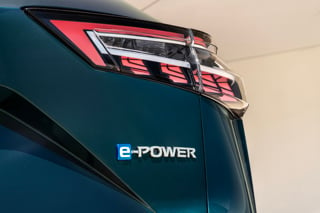
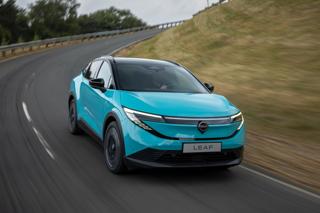
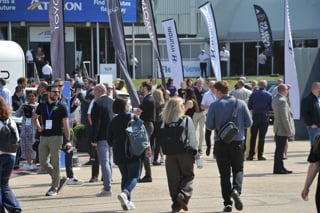
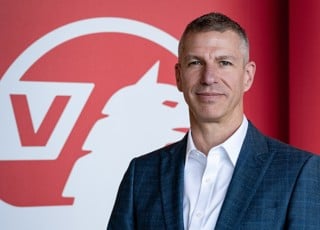
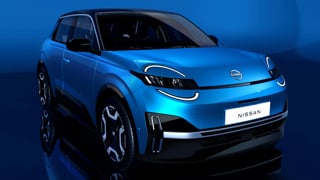












Login to comment
Comments
No comments have been made yet.